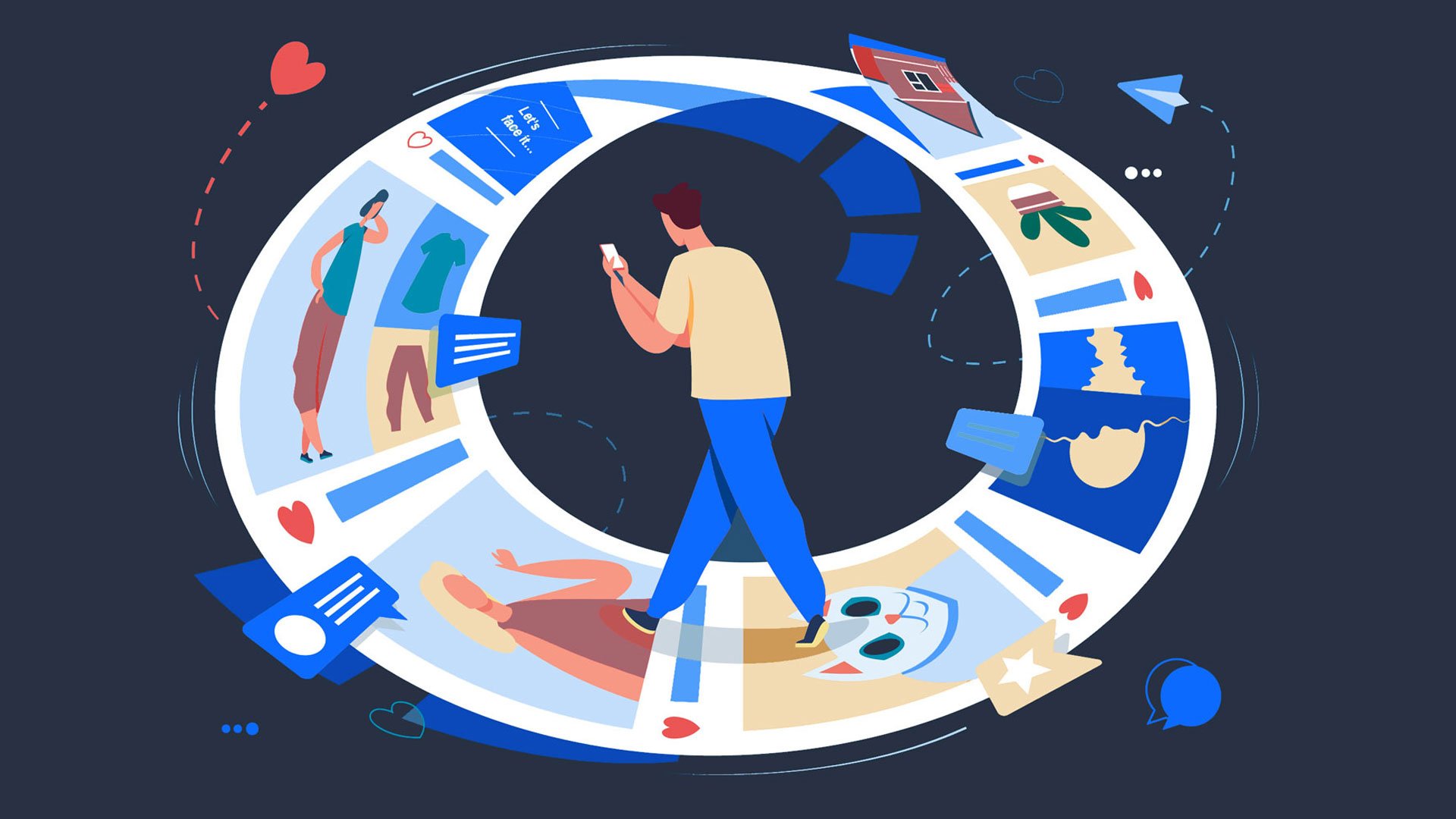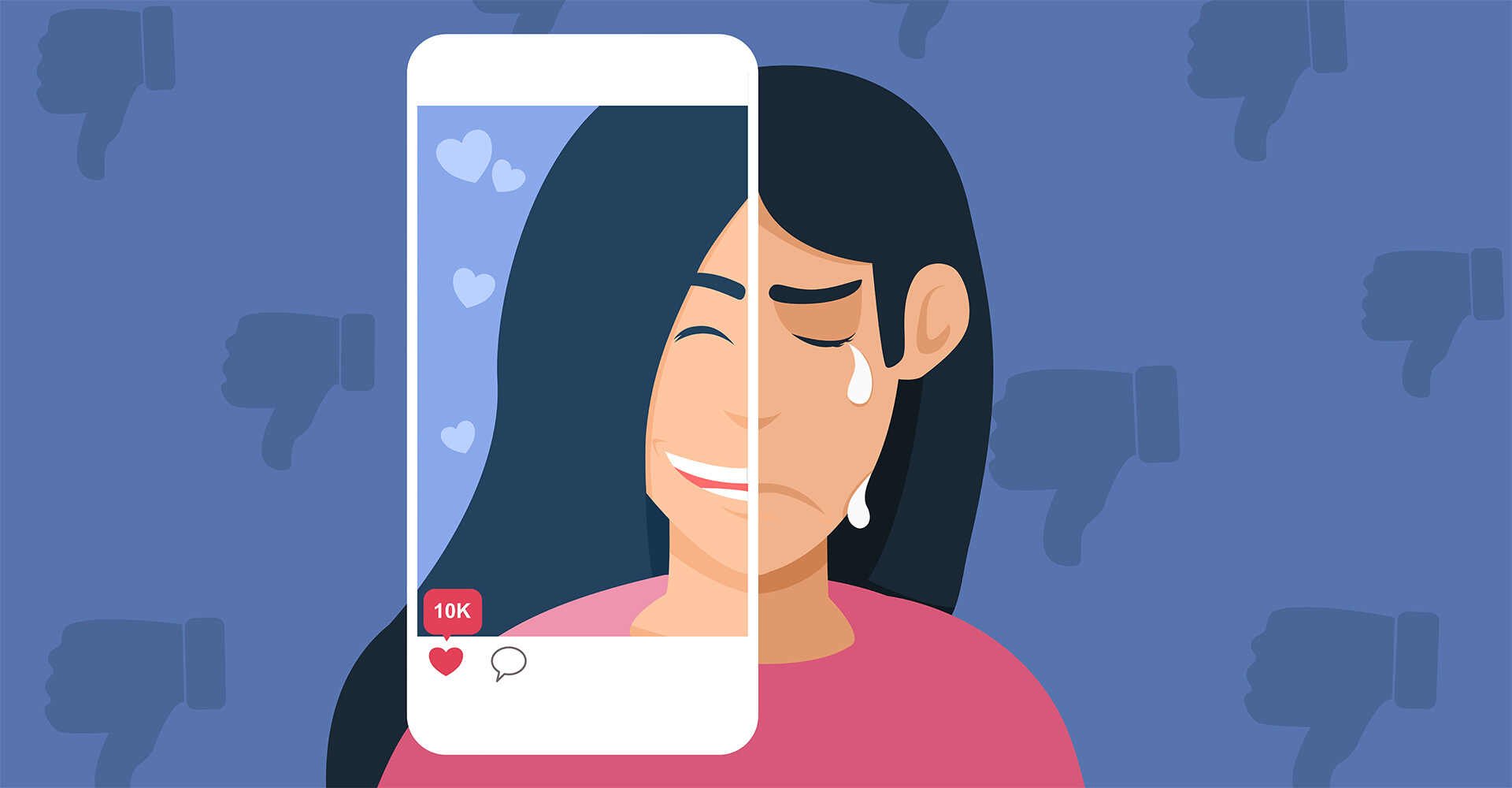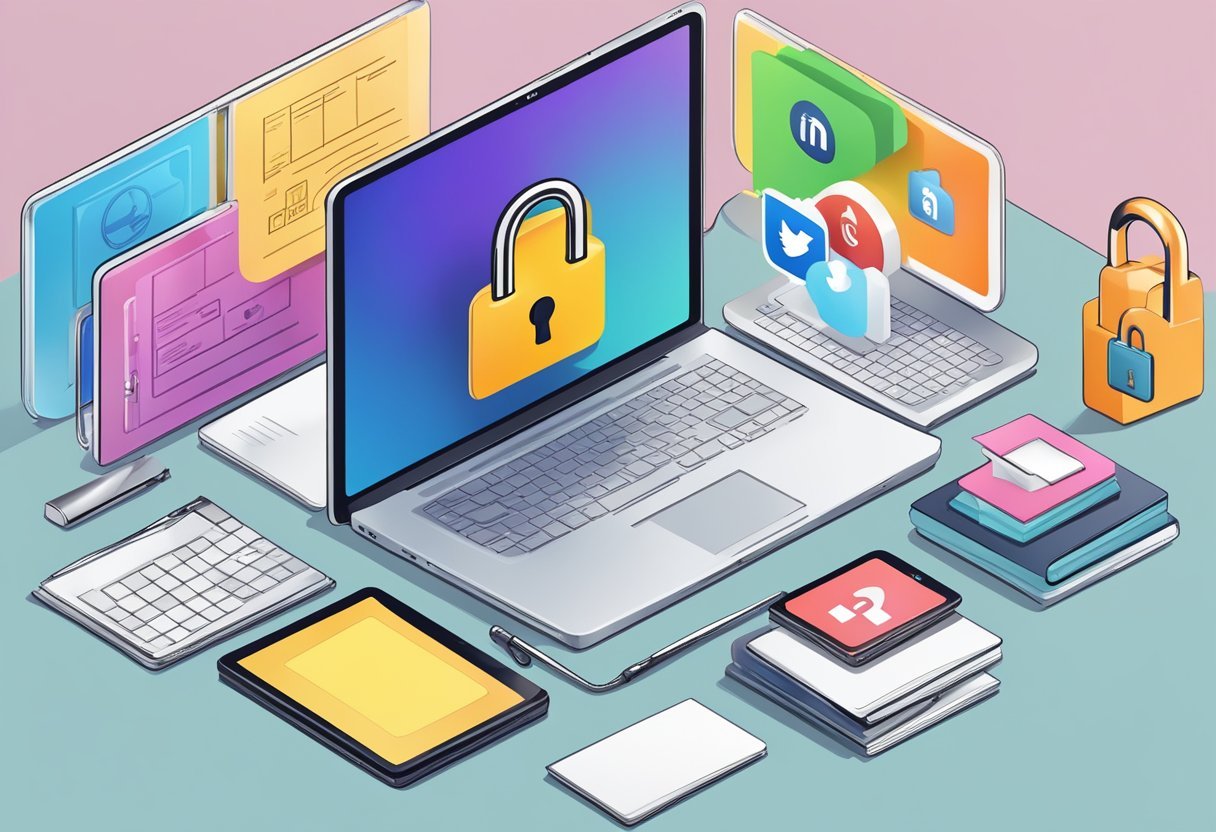A Look Into The Reality Behind How Social Media Affects Mental Health
About Us
Our goal is to take a thoughtful and honest look at how social media impacts mental health. Striving to dive deep into the ways social media shapes our thoughts, emotions, and behaviors, and shed light on the effects it has on our well-being. We’re here to explore the mental health conditions that can arise from excessive social media use, while also offering practical solutions and support for those who feel trapped by social media addiction. Whether you’re seeking a better understanding of how social media affects you, looking for strategies to build healthier habits, or just curious about the connection between technology and mental health, this is a space for learning and growth. Together, we can work towards a balanced and healthier relationship with the digital world.
Research And Implications
-

Billions of people around the world use social media every day. In fact, studies show that over 4.5 billion people, more than half the global population, are active on social media platforms. That is nearly 60% of the global poulation, and 92% of all internet users are using social media. Many users spend hours scrolling, posting, and engaging with content daily, with the average time spent on social media being around two and a half hours each day. Social media has become such a big part of life that it’s often one of the first and last things people check, showing just how much it’s woven into our routines.
-

Social media significantly affects mental health, often contributing to anxiety, depression, and physical symptoms like headaches or nausea. Its design encourages frequent use, which can amplify feelings of exclusion, low self-esteem, and dissatisfaction. Teenagers and young adults are particularly impacted, as social media exposes them to unrealistic standards and increases opportunities for negative interactions. While quitting entirely isn’t always practical, learning to recognize how it influences emotions and setting boundaries can help. Research shows that reducing time spent on social media can improve overall well-being and reduce feelings of loneliness and stress.
-

A lot of people feel like social media invades their privacy and makes it hard to keep their personal lives personal. Around 80% of social media users are concerned about advertisers and companies accessing their personal data, and only 9% trust that social media companies will protect their privacy. While 74% believe it's important to control who can see their information, very few feel they actually have that control. Sharing so much online can lead to feeling exposed, judged, or even unsafe, especially when strangers or unwanted people have access to their posts. This constant lack of privacy can cause stress, anxiety, and even make people feel like they have to act a certain way to avoid criticism. For some, it creates pressure to always seem perfect, which can be mentally exhausting and leave them feeling overwhelmed.
Real-World Examples
There are many real-life examples of people who have been deeply affected by social media and struggled with their mental health as a result. Teens have faced intense anxiety from online bullying, while adults have battled depression from constantly comparing their lives to others. Some have dealt with the emotional toll of cyberstalking or the pressure to present a perfect image online, which can be exhausting and overwhelming. These stories show just how powerful social media can be in shaping mental health
Anna Scott
A heartbreaking example of the toll social media can take on mental health. As a teenager, Anna struggled with anxiety and self-doubt, feelings that were magnified by the constant comparisons and validation-seeking on platforms like Instagram and TikTok. Despite her accomplishments, such as excelling in rodeo and landing a college scholarship, Anna’s private thoughts were consumed with feelings of inadequacy and isolation. Social media became a space filled with harmful content, including material about self-harm, that she couldn’t escape. Tragically, her struggles culminated in her death, leaving her family grappling with the devastating impact of a system that prioritizes engagement over well-being.
C.J. Dawley
A powerful story emphasizing the terrifying affects that social media can have on a young individual. Despite being bright and popular, C.J. struggled with self-doubt and growing mental health challenges, amplified by the pressures and validation tied to social media. His phone became his constant companion, but the content he consumed and the comments he received fueled insecurities rather than easing them. On the night of his tragic death, his phone was still in his hand, a haunting symbol of the role it played in his struggles. His parents, Donna and Chris, now advocate for change, questioning how society allows such unfiltered digital spaces for vulnerable kids while remaining blind to the potential harm within.
Quick Facts
Time Spent
On average, people now spend about 2 hours and 24 minutes a day on social media. That’s almost a quarter of a day. It’s very easy to lose track of time through feeds, watching videos, and catching up on posts. The endless notifications have a way of pulling us in and the time adds up very quickly.
How It Affects Us
Social media has a significant impact on mental health, with studies showing that about 1 in 3 teens report feeling anxious or depressed due to their social media use. Research highlights that constant comparison, exposure to curated lifestyles, and online bullying are key factors leading to these feelings. According to the American Journal of Medicine, suicide rates linked to social media use have increased among teens. A report by the Centers for Disease Control and Prevention found that over 14% of high school students seriously considered suicide in the past year, with social media use exacerbating these mental health struggles. These findings emphasize the urgent need for responsible use and awareness of social media's mental health effects.
Top Social Media Platforms
Some of the most popular social media platforms today include YouTube, TikTok, Instagram, Snapchat, and Facebook. Among these, YouTube and TikTok are top contenders for their immense influence on younger audiences and their mental health effects. Instagram and Snapchat are also frequently associated with mental health struggles, largely due to the pressure to maintain certain beauty standards. TikTok has become a space of concern as its algorithm promotes endless content cycles, contributing to mental health challenges. Social media addiction and the constant idealized lifestyles especially on younger people can lead to feelings of exclusion, anxiety, and suicidal thoughts.
Personal Reflection
I’ve always felt that social media has a significant effect on mental health, and I’ve personally struggled with it myself at times. The constant pressure to keep up with others and deal with online negativity can really weigh on a person’s mind. To get a better perspective, I interviewed a few people to hear their thoughts on how social media has impacted their mental health. The responses varied, but many shared similar feelings of stress, insecurity, and anxiety related to their use of these platforms. It was enlightening to hear others' experiences and connect on how social media can sometimes feel like both a community and a burden.
References
6 in 10 Americans say social media negatively affects their mental health. Online Therapy. (2022, June 7). https://www.onlinetherapy.com/6-in-10-americans-say-social-media-negatively-affects-their-mental-health/
Health, C. (2024, November 27). Social Media’s impact on our mental health and tips to use it safely. health. https://health.ucdavis.edu/blog/cultivating-health/social-medias-impact-our-mental-health-and-tips-to-use-it-safely/2024/05
Here’s how social media affects your mental health | mclean hospital. (n.d.). https://www.mcleanhospital.org/essential/it-or-not-social-medias-affecting-your-mental-health
Social Media Addiction Statistics. The Lanier Law Firm. (2024, June 24). https://www.lanierlawfirm.com/social-media-addiction/statistics/
Social Media and Mental Health: Social Media Addiction. HelpGuide.org. (2024, October 29). https://www.helpguide.org/mental-health/wellbeing/social-media-and-mental-health
Social Media Statistics Details - undiscovered Maine - University of Maine. Undiscovered Maine. (2023, December 29). https://umaine.edu/undiscoveredmaine/small-business/resources/marketing-for-small-business/social-media-tools/social-media-statistics-details/
Solomon, A. (2024, September 30). Has social media fuelled a teen-suicide crisis?. The New Yorker. https://www.newyorker.com/magazine/2024/10/07/social-media-mental-health-suicide-crisis-teens





